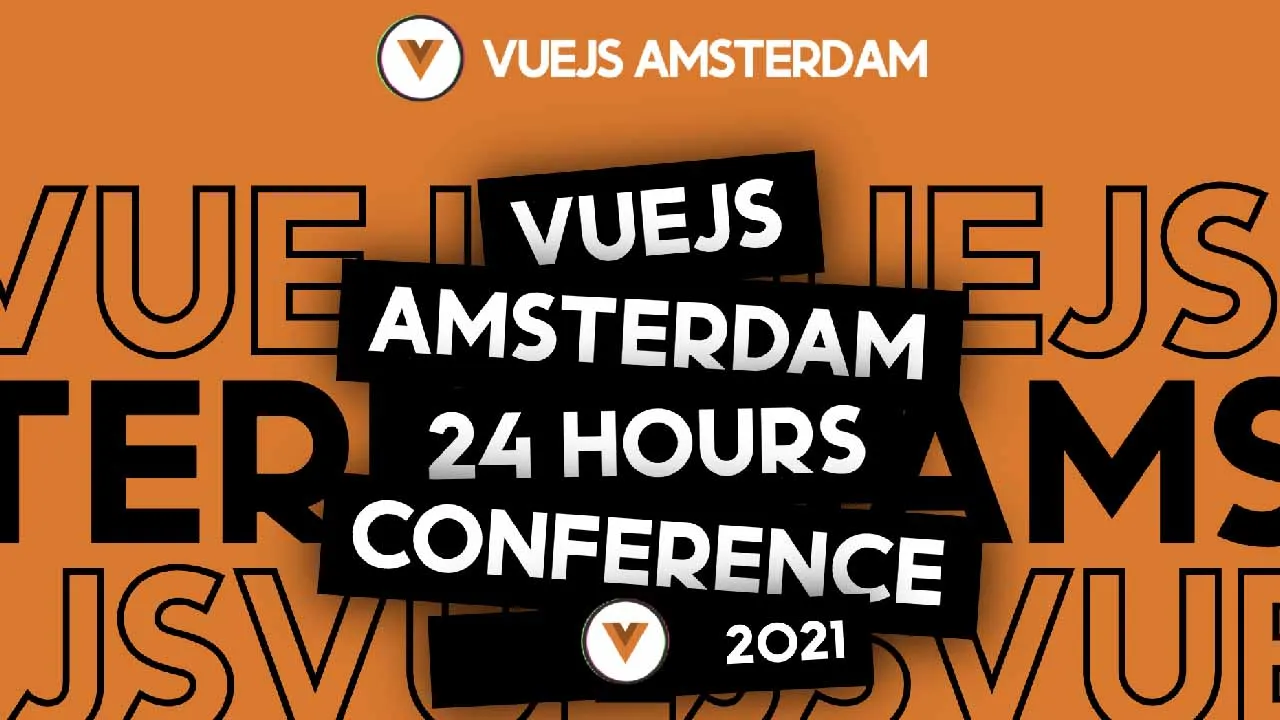Evan You, creator of the Vue.js front-end framework, recently presented at the Vue Amsterdam 2021 conference the latest and future Vue developments.
You emphasized that Vue 3 was a huge release to which parts of the Vue ecosystem are currently adjusting to. Vue Router 4 and VueX 4 are now stable and support Vue 3. Other parts of the ecosystem (e.g., Nuxt, Vuetify, Quasar, Element Plus, Ant Design Vue are catching up).
Future developments in terms of development experience revolve around three axes: build tools, authoring experience, and IDE support. While Vue can be used as a drop-in runtime library, You sees Vue as a framework that is supposed to provide a cohesive and comprehensive development experience. You explained:
I am a Vue user as well; and every time I’m trying to spin up a Webpack-based Vue project, I have to go through the process of installing hundreds of megabytes of dependencies and then having to wait several seconds for a project to start up. […] I really miss the days where I could just open up an index.html, drop some code in it, and see it instantly start up, see it instantly reflect any changes I make.
[…] It seems to me the [that the] only logical conclusion is to figure out how to make things fast.
The Vite build tool, which is now framework-agnostic, is Vue’s attempt to deliver a fast build tool to Vue developers. Vite has taken some ideas from coincidental developments like Snowpack or WMR, and uses the ES modules support provided by modern browsers to speed up feedback loops in development. You said:
There are integrations — if you are primarily working with back-end frameworks like Rails or Laravel. There are already tools that allow you to use Vite in there, but you can also use Vite as a standalone Vue CLI equivalent for building SPAs [Single-Page Applications].
#vue.js #javascript #development #news
